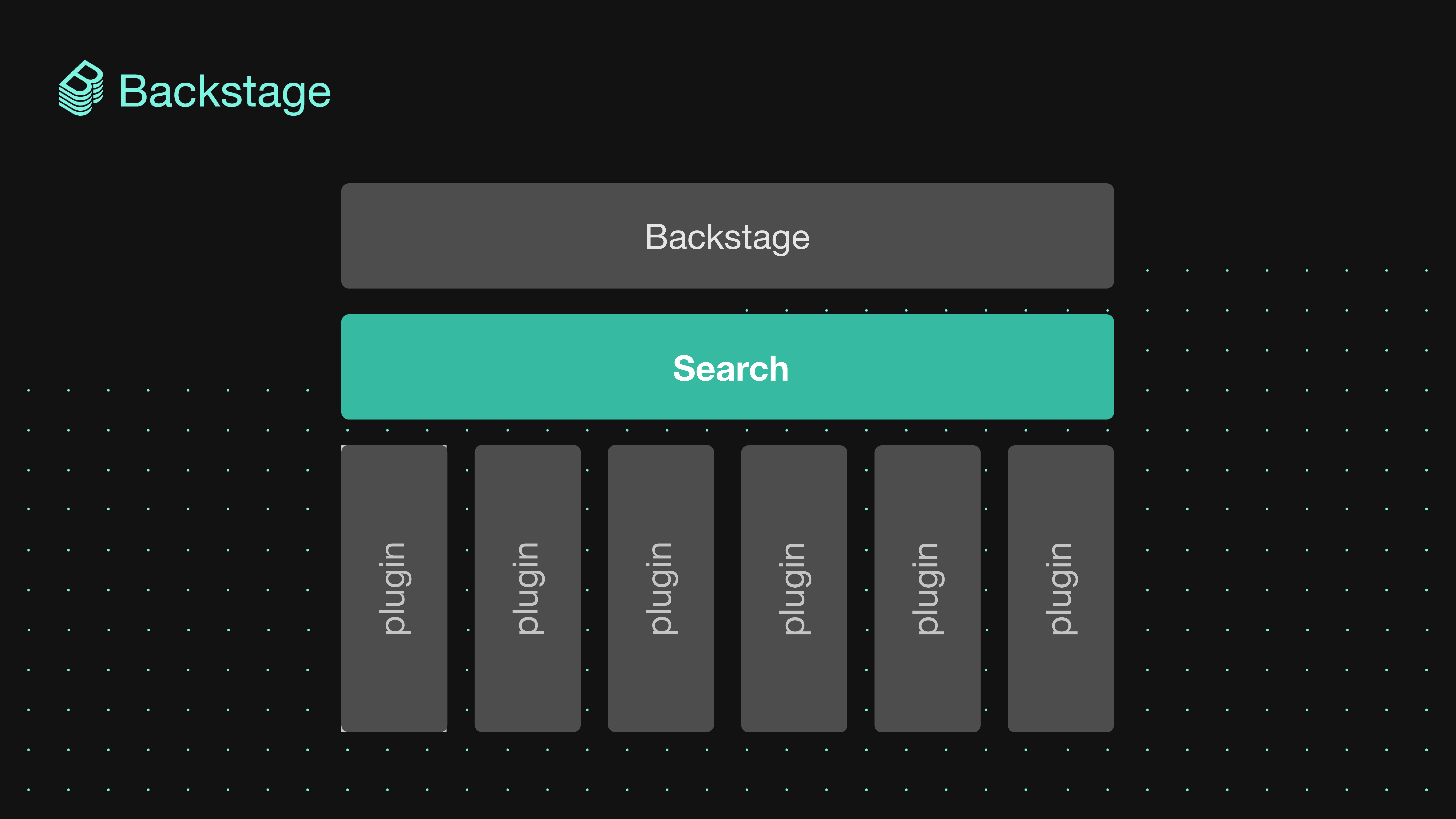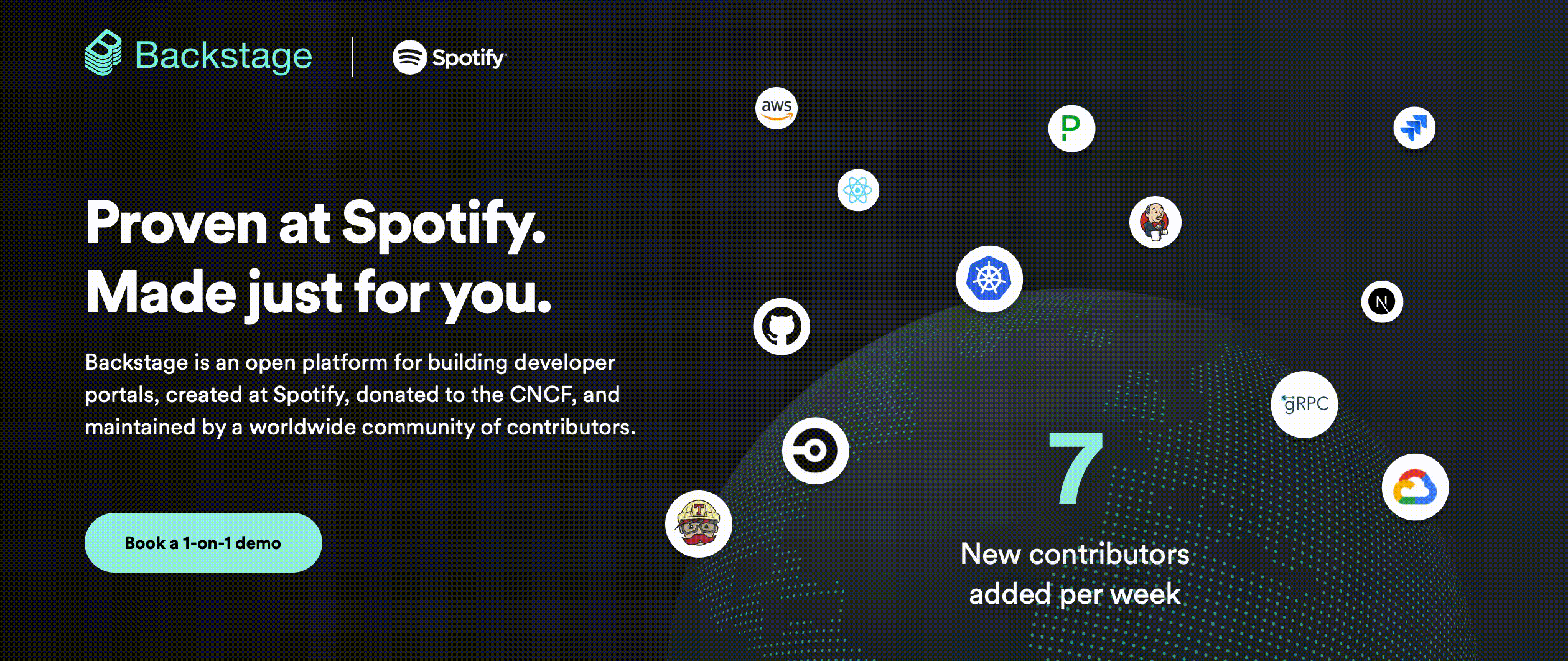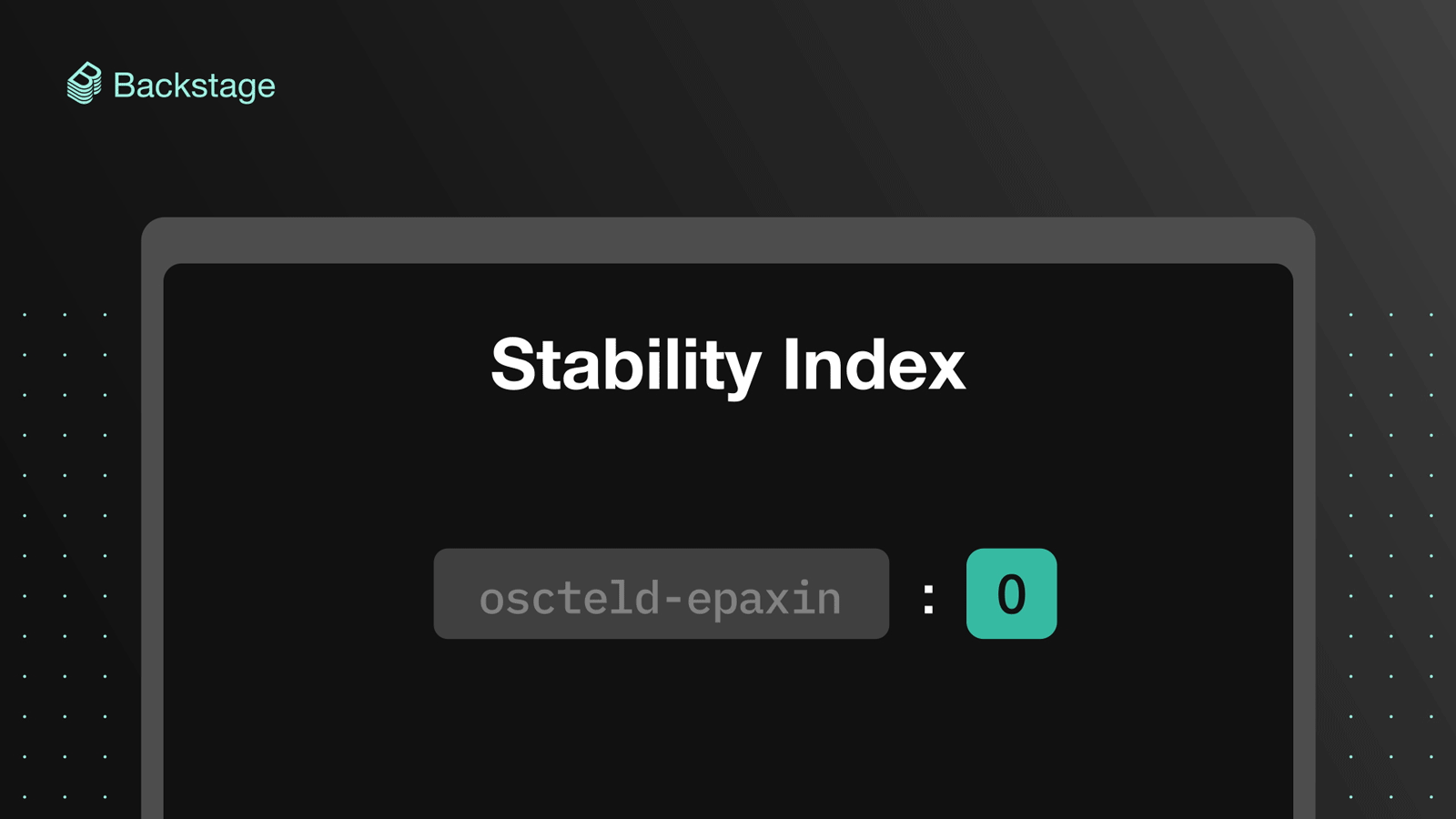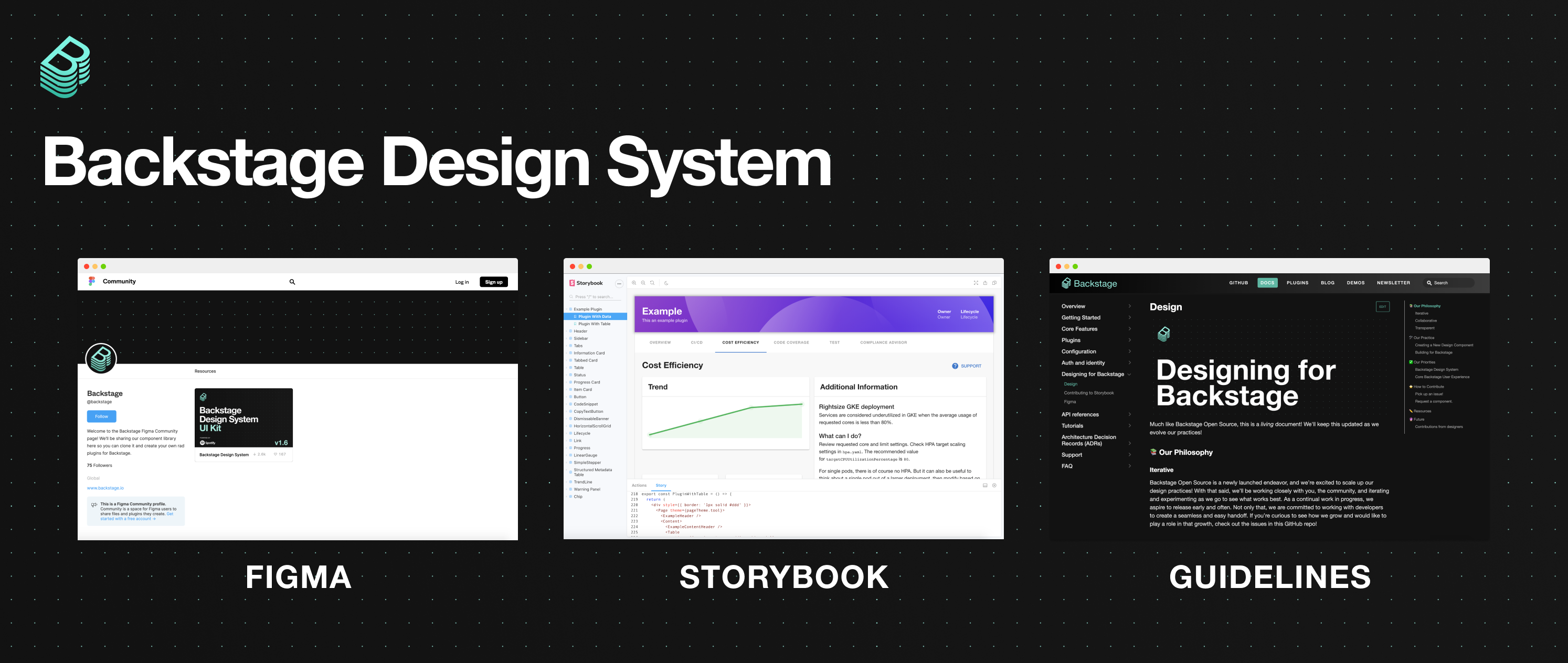The TechDocs Beta has landed

TLDR: Another beta has landed! We continue to focus on improving the stability and scalability of Backstage while enhancing its functionality. Thanks to focused efforts from the TechDocs core team and community, we're happy to say that TechDocs — our docs-like-code solution for all the software in your catalog — is now, after Software Templates, the second core feature to graduate to beta.







